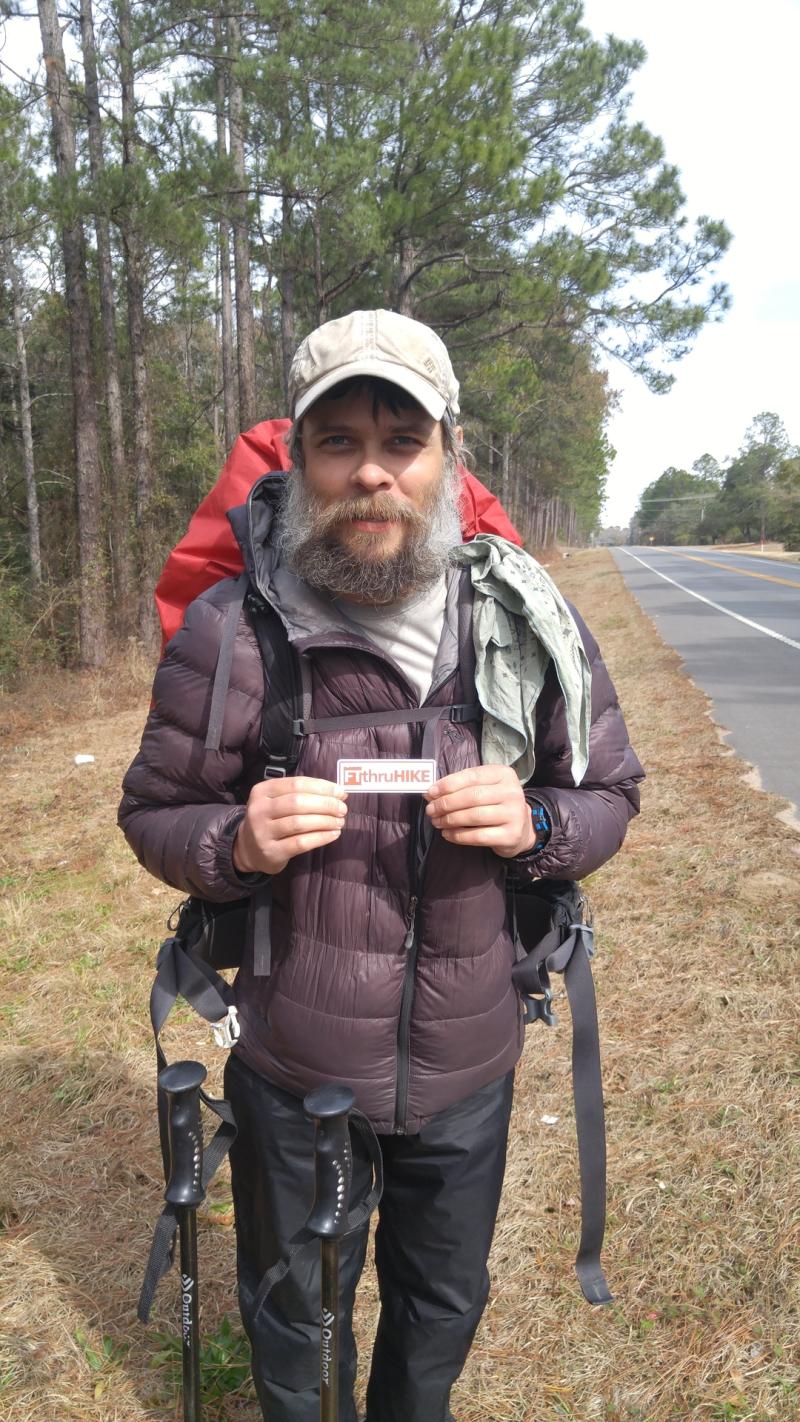
For about two years, both real detectives and amateur detectives tried to find out the real name of a Appalachian Trail hiker whose body was found in a tent in Florida. Hikers who met him along the way said he’d introduce himself as “Mostly Harmless” (though the exact origins of the nickname are unknown). Some knew him as “Denim,” like the jeans he was wearing.
A new HBO documentary They Called Him Mostly Harmless, out Feb. 8, profiles the men and women on Facebook who volunteered their time to search for the mysterious man’s real identity. The documentary aggregates all of the information found about this person, and features interviews with the Internet sleuths and the hikers he socialized with on the Appalachian Trail, tracing how his real name, “Vance John Rodriguez,” was eventually identified.
Internet sleuths try to figure out the identity of “Mostly Harmless”
The hiker’s journey is believed to have started in April 2017, when he headed south on the Appalachian Trail from New York. He didn’t bring anything that would identify his real name, like a phone or credit card. Instead, hikers he met along the way identified him by the unusual belongings he carried with him: an overstuffed backpack and a notebook filled with code later discovered to be designed for the online programming game Screeps. He never gave out his real name.
On July 23, 2018, two hikers came across his deceased body. A medical examiner could not determine a cause of death, so exactly how he died will never be known. The Collier County Sheriff’s office couldn’t find any identifying features like tattoos, and posted a sketch of his face on its Facebook page that was shared widely. People who had seen the hiker along the way sent in the photos they had taken of him.
In 2020, a Facebook group formed of users who spent their free time outside their day jobs searching for this hiker’s identity. The Facebook users helped keep sustained attention on the case, even when local law enforcement hit a wall. For example, a big breakthrough in the search came in July 2020 when members of the Facebook group worked with the company Othram, which uses genetics to help crack cold cases, to the Mostly Harmless case. Othram needed $5,000 to run a DNA analysis on the hiker’s bone, and in about a week, the Facebook users successfully came up with the money via crowdfunding.
Who was Vance John Rodriguez?
The results of the DNA analysis suggested he had roots in southern Louisiana, so Internet sleuths spread the news on any local Facebook groups they could. Thanks to their efforts, people who knew him in Baton Rouge saw the photos and contacted the Collier County Sheriff’s office with a name. Authorities made contact with his presumed family who provided a DNA sample, and the hiker’s DNA was a match.
Journalist Nicholas Thompson, who wrote a viral 2020 feature on the case for Wired and appears in the documentary, doubled down on researching the past of Vance John Rodriguez for a follow-up 2021 story and found that people who had been close to Rodriguez described him as a deeply troubled man. Women he dated described him as abusive, and an old roommate said he suffered from mental health issues. For example, Thompson learned in his reporting that Rodriguez had a massive scar on his stomach from a suicide attempt that he ended up surviving. An already sad story became even more grim.
The case may be resolved, but many missing persons cases are not. Beyond the Mostly Harmless case, more than 600,000 people go missing in the U.S. every year, and about 4,400 unidentified bodies are found every year, according to NamUs database. They Called Him Mostly Harmless director Patricia Gillespie hopes the movie will inspire viewers to not ignore information about missing persons. As she explained to TIME, “I really hope this film gets people interested in the issue of Jane and John Does and encourages them to share that missing persons flier or composite that they see online.”

